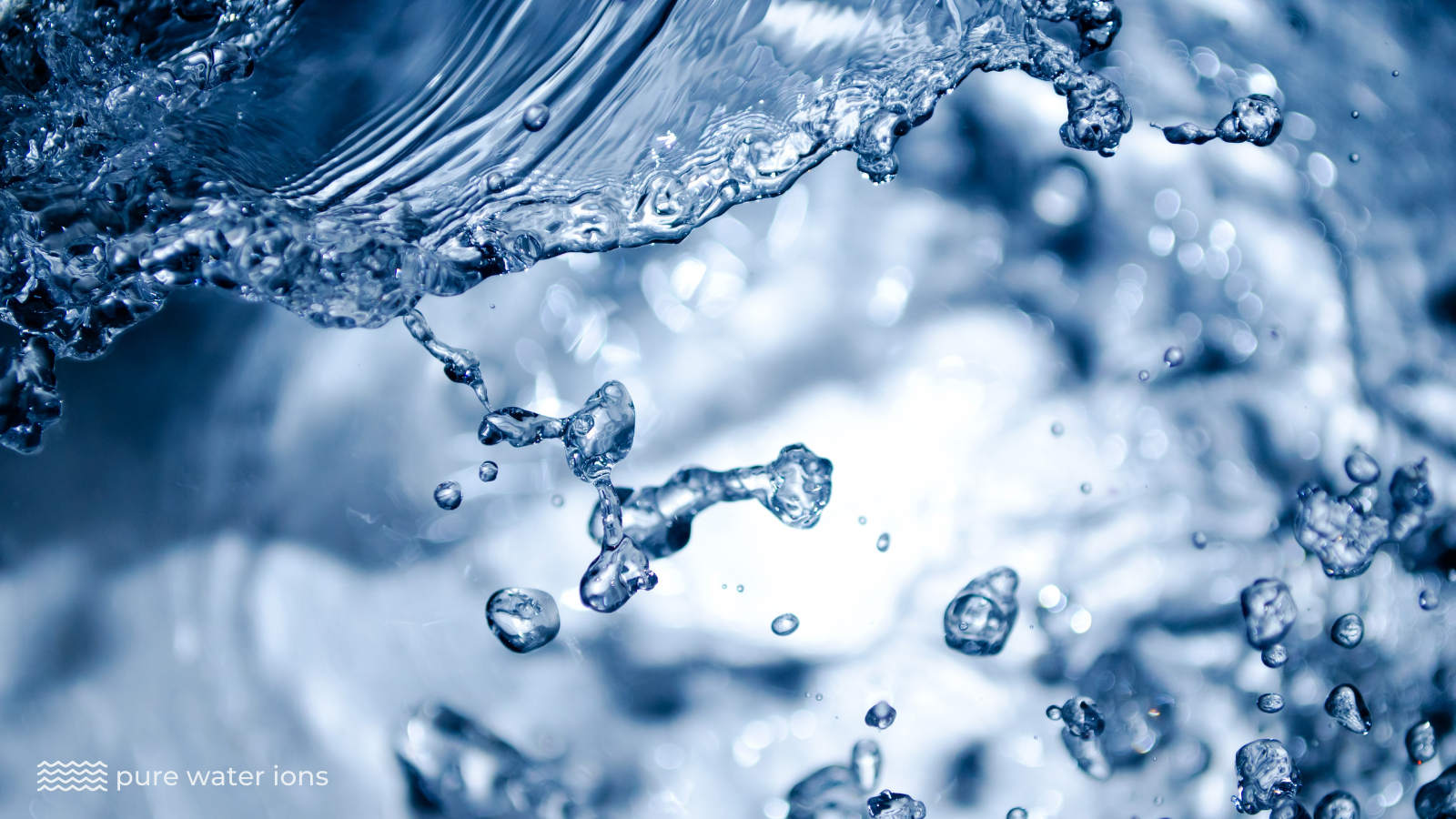
A shower filter is a special type of device that filters out impurities in your showerhead. It is designed to improve the quality of water used in your shower by removing impurities such as chlorine, heavy metals, sediments, and other chemicals.
Shower filters are used to ease skin and hair dryness, prevent irritation, and deliver cleaner water for a better shower experience. They are super easy to install and are a simple solution for anyone looking to enhance water quality and promote healthier skin and hair.
What Impurities Do Shower Filters Remove?
1: Harmful Bacteria
Some water sources carry bacteria and microbes that can cause infections or skin irritation. Advanced shower filters target these microorganisms, promoting cleaner and safer water for daily use.
2. Chlorine
Chlorine is added to water for disinfection purposes. However, it can strip natural oils from our skin and lead to brittle hair. Chloramines, a mix of chlorine and ammonia, also irritate sensitive skin and eyes during showers.
3. Heavy Metals
Heavy metals like lead, copper, and mercury leach into water through our pipes. These metals irritate skin, worsen hair conditions, and even pose health risks with long-term exposure, especially for sensitive individuals.
4. Sediment
Sediments, including dirt, rust, and debris, enter water from aging pipes or local water sources. They clog pores, leave a gritty residue on skin and hair, and reduce the efficiency of soaps and shampoos.
5. Volatile Organic Compounds
VOCs (Volatile Organic Compounds) are chemicals found in our water due to treatment processes and industrial contamination. They emit harmful fumes in warm water and irritate skin sensitivity and cause dryness.
6. Hard Water Minerals
Calcium and magnesium in hard water cause scale buildup. These can damage your shower head in the long term. They also make hair dull and lifeless and leave skin feeling tight or irritated. Softening filters help reduce these effects for a gentler shower experience.
RELATED
Should You Get a Shower Filter?
How Does a Shower Filter Work?
Do You Need a Shower Filter?
If you’re concerned about the quality of your water, have sensitive skin or hair, or simply want cleaner shower water, a filter could be beneficial. However, if your water is already well-treated and doesn’t contain harsh chemicals, you may not need one.
Whether you need a shower filter depends on a several factors related to your water quality and personal needs. Here’s what you need to consider if you want to know if you need a shower filter.
• Water Quality in Your Area
What is the water quality like in your area. Are there significant levels of impurities in your water. The most common contaminants are chlorine, hard water, heavy metals, pesticides, and harmful microbes.
Chlorine
If your water supply contains high levels of chlorine (common in municipal water), a filter can help reduce irritation to your skin and hair.
Hard Water
If you have hard water, which is rich in minerals like calcium and magnesium, a filter can help soften the water, preventing dry skin, hair, and soap scum buildup.
Other Contaminants
If your water contains heavy metals, pesticides, or other impurities, a filter can provide cleaner water and reduce exposure to these harmful substances.
• Skin & Hair Sensitivity
If you have sensitive skin, conditions like eczema, or scalp issues, a shower filter can help by removing chlorine and other irritants that can make these conditions worse. A filter can also help protect your hair from drying out and becoming brittle, especially if you’re exposed to high levels of chlorine or hard water.
Your Skin
Chlorine can dry out your skin by stripping away natural oils. This causes irritation, redness, and itching. If you have sensitive skin conditions like eczema or psoriasis, chlorine can worsen these symptoms. A shower filter that removes chlorine can help maintain your skin’s moisture balance and reduce irritation.
Your Hair
Chlorine also has a drying effect on your hair, causing it to become brittle and prone to breakage. It can strip hair of its natural oils, leading to a dry, frizzy appearance. Filtering out chlorine helps keep your hair softer, shinier, and healthier by preserving moisture.
